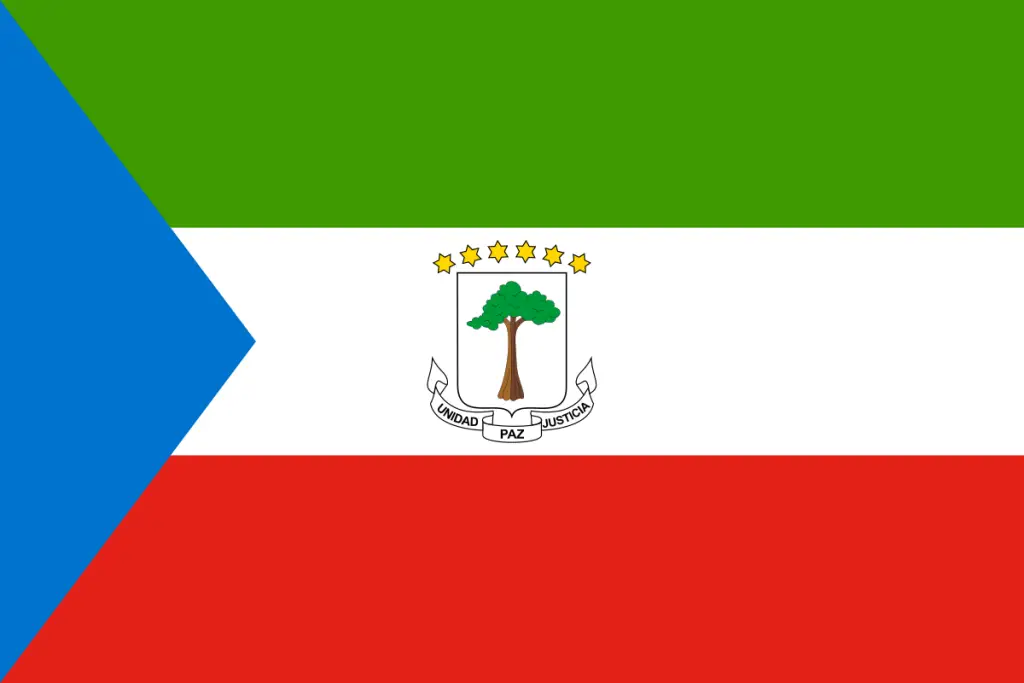Trending
- Africa’s quest to unlock trillion-dollar food economy potential
- Partners back AIM Congress 2024 vision for global economic stewardship
- AIM Congress 2024: pre-event forums set the stage for strategic insights on global showcase
- Kenya, Tanzania braces for torrential floods as Cyclone Hidaya approaches
- EAC monetary affairs committee to discuss single currency progress in Juba talks
- Falling transport and food costs drive down Kenya’s inflation to 5 per cent in April
- Payment for ransomware attacks increase by 500 per cent in one year
- History beckons as push for Kenya’s President Ruto to address US Congress gathers pace
